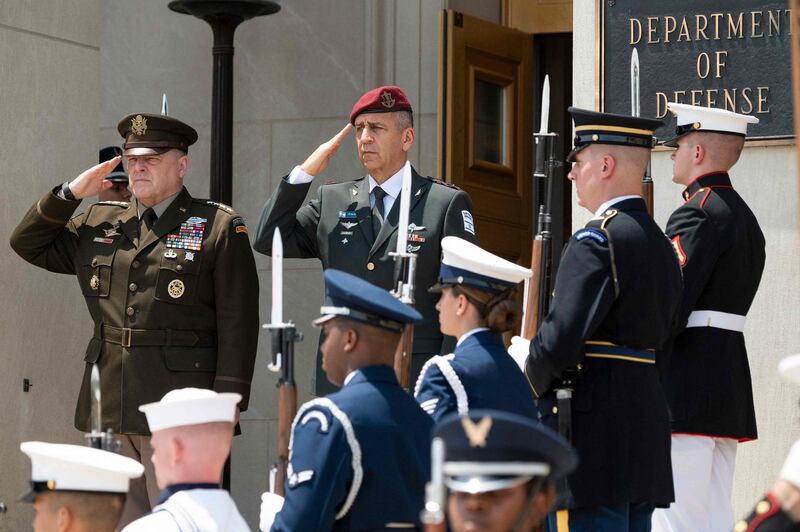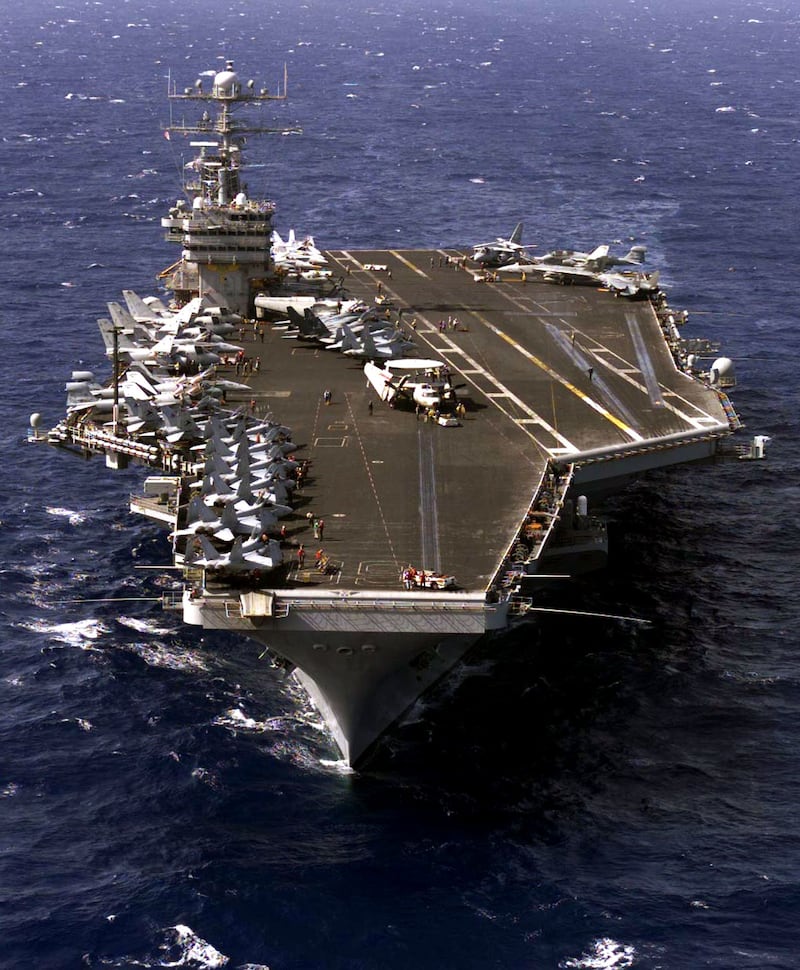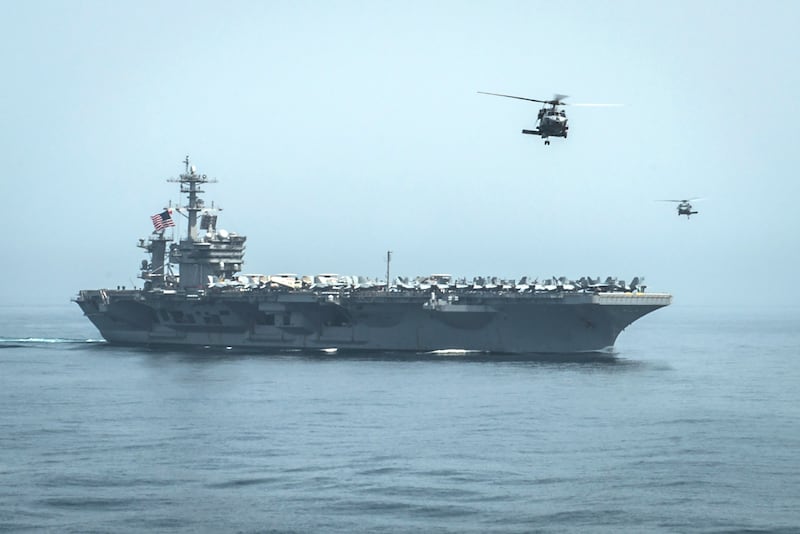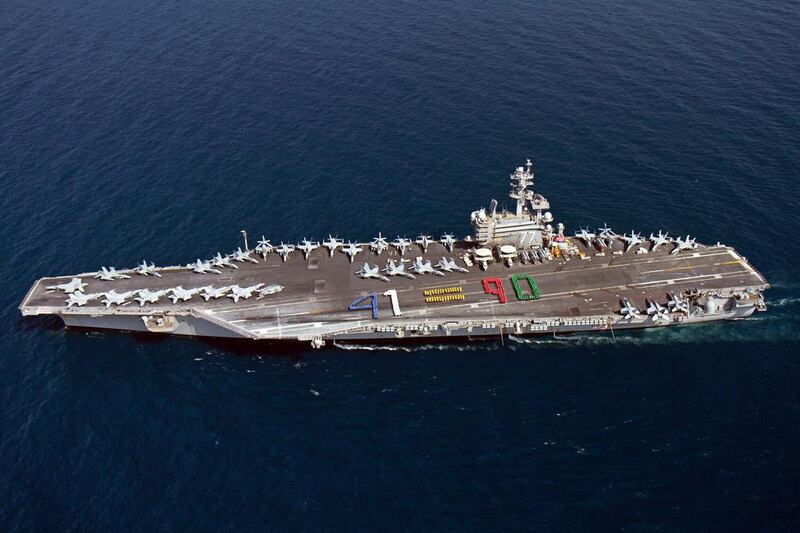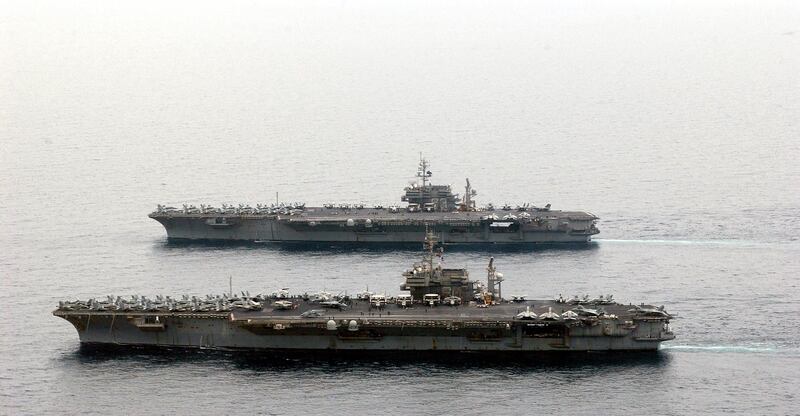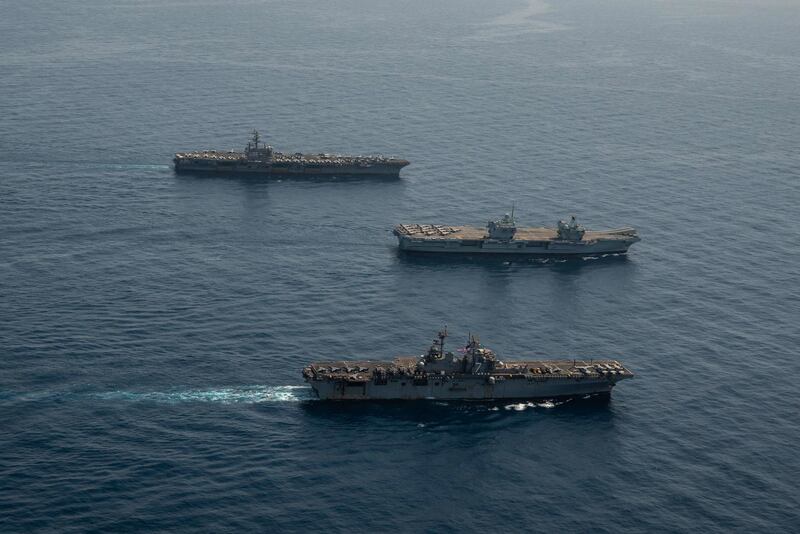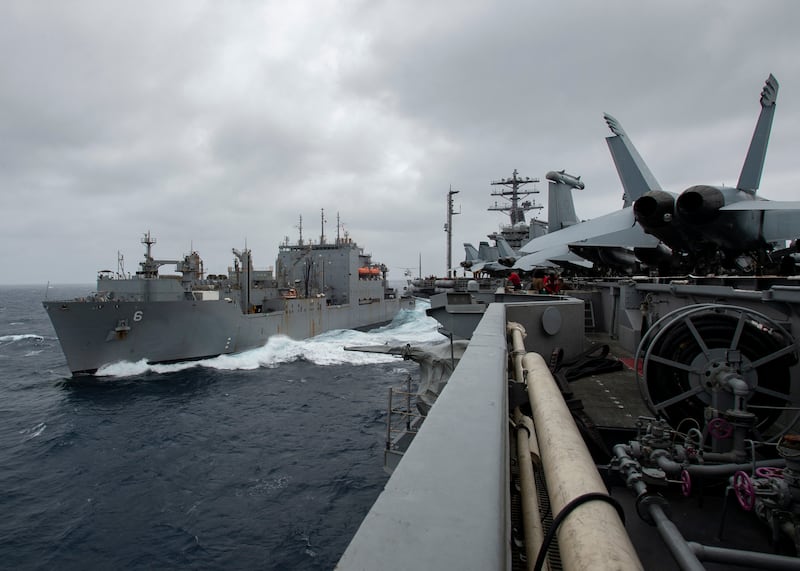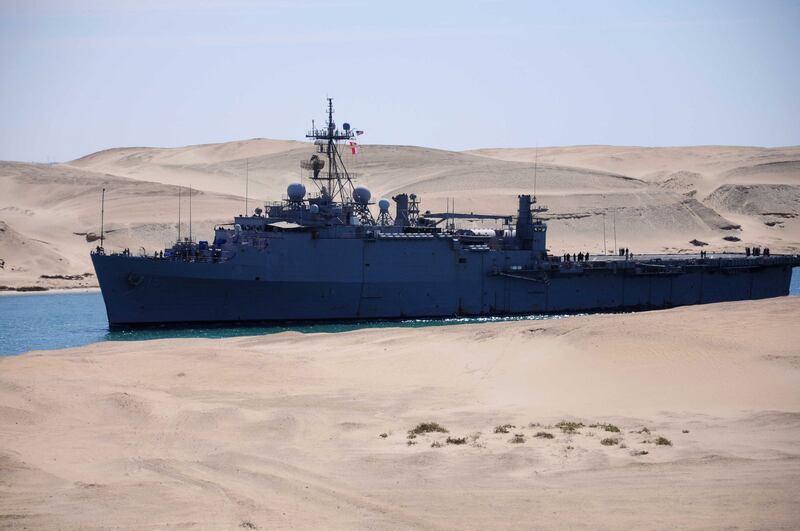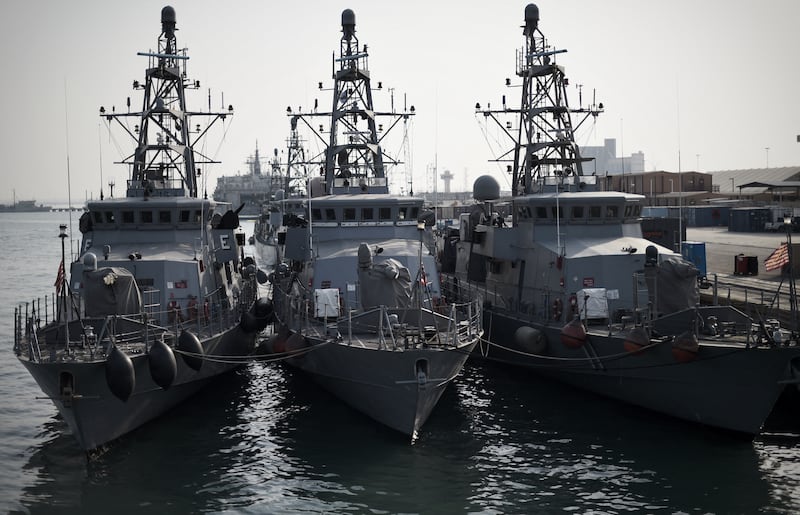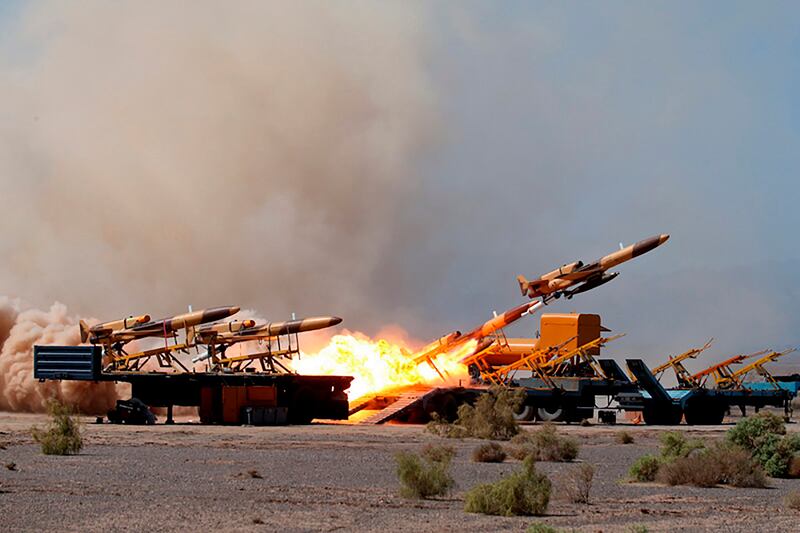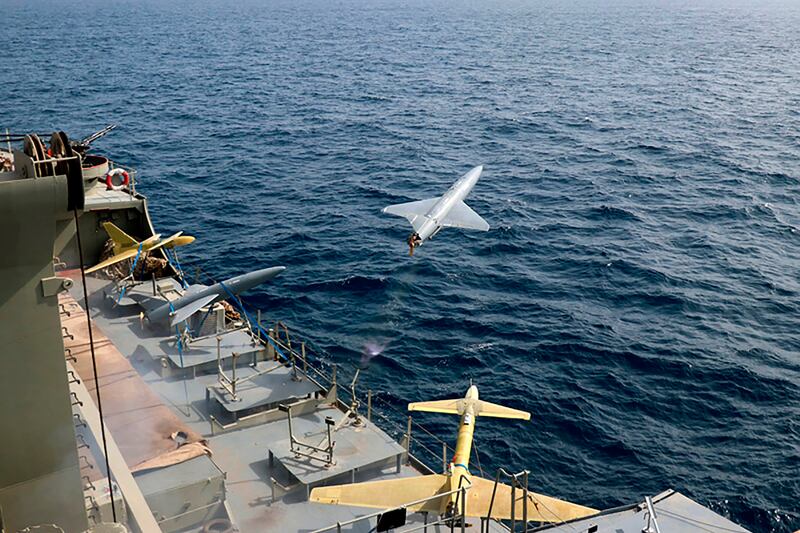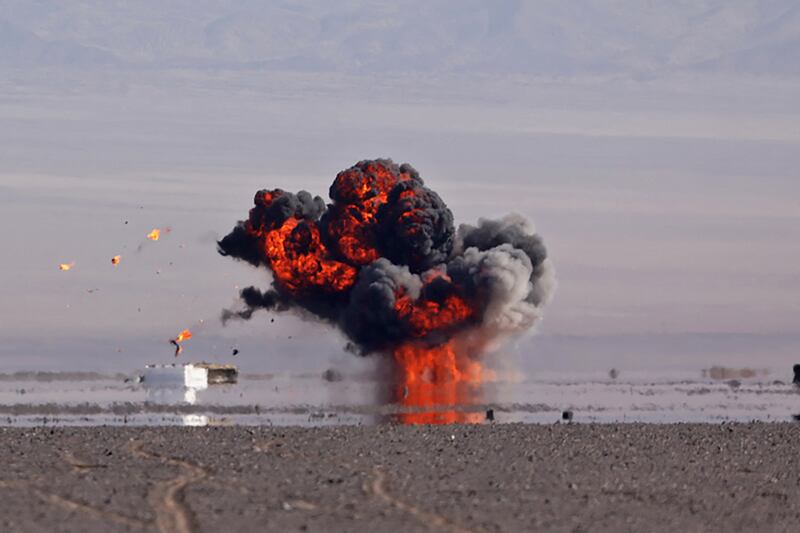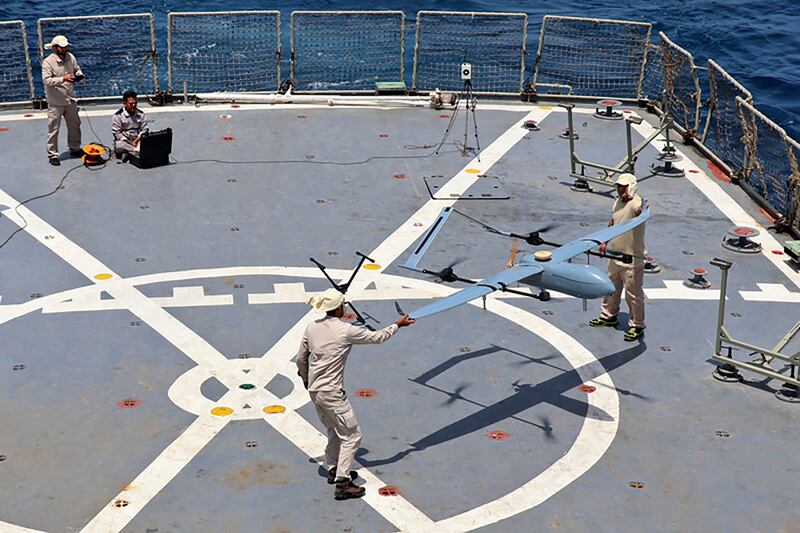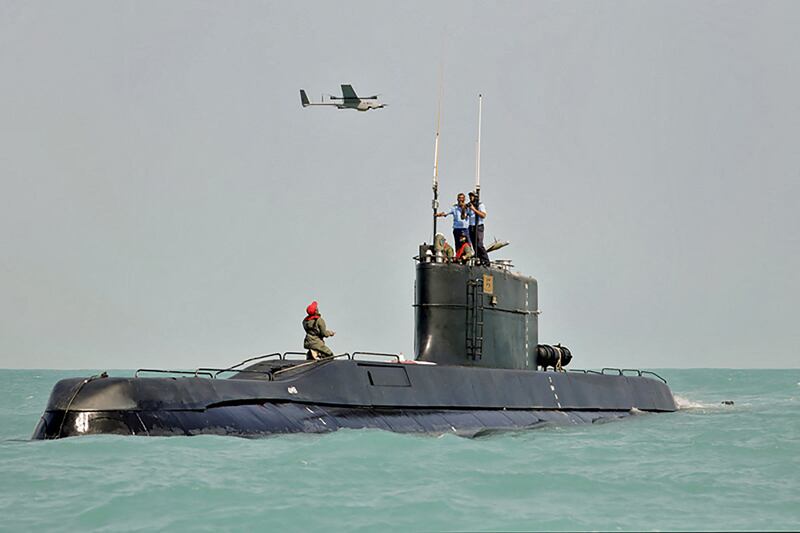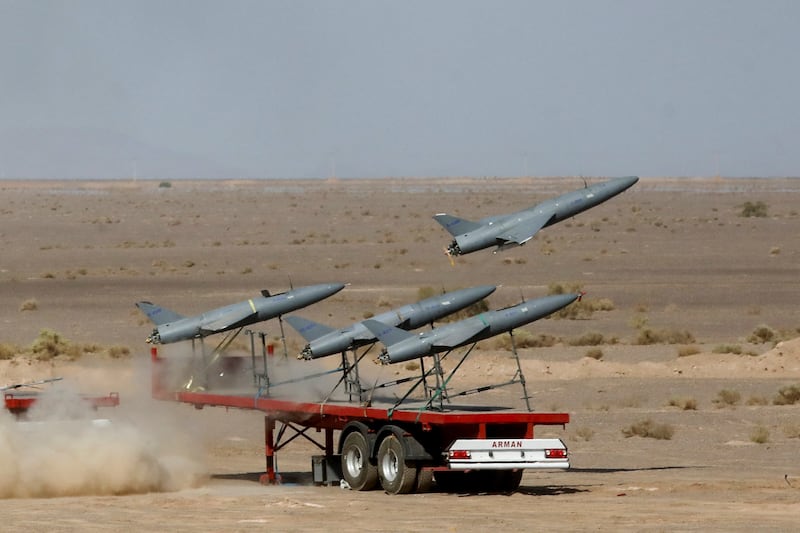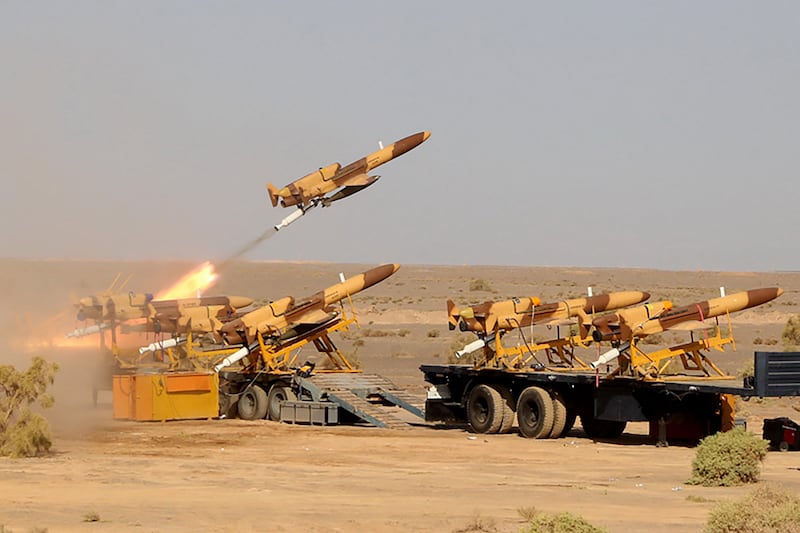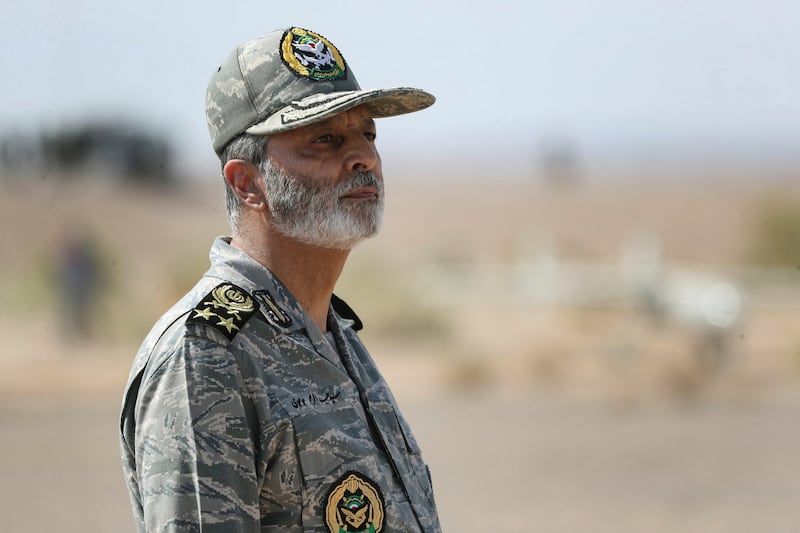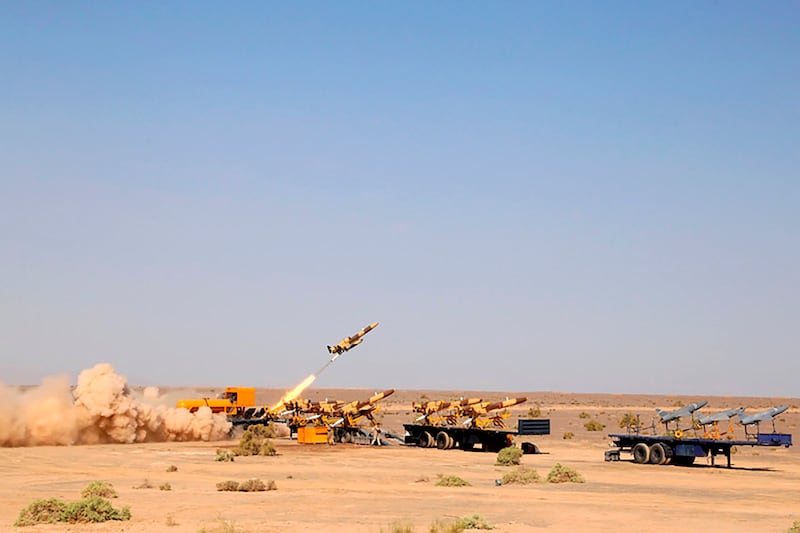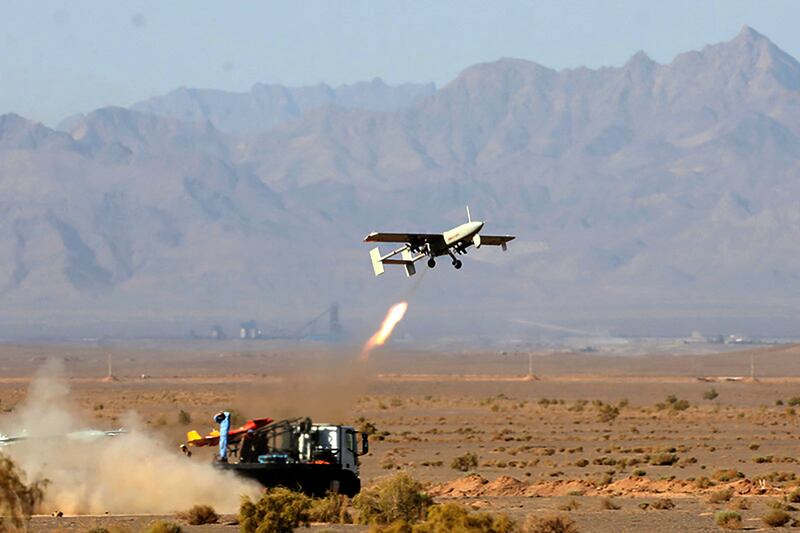The head of Israel's army has called for an "acceleration" of military plans in the event of a conflict with Iran.
Lt Gen Aviv Kochavi's remarks came amid a series of meetings with the Chairman of the US Joint Chiefs of Staff, Gen Mark Milley.
The meetings have taken place during rising Iran-Israel tensions. Since Tuesday morning, the US has confirmed that Iran attacked an Israeli commercial ship with a drone, while Tehran has accused Israel of assassinating a senior military engineer in Damascus.
Separately, the UN's nuclear watchdog, the International Atomic Energy Agency, confirmed on Wednesday that Iran was accelerating uranium enrichment.
The agency said Iran was building up stockpiles of 60 per cent enriched uranium — close to the purity needed for a nuclear bomb. Iran now has more than 60kg of uranium enriched to this level, an amount experts say could be enough for a weapon.
Israel has long threatened military action in the event that Iran does not give up its nuclear programme.
Lt Gen Kochavi's visit to Washington came as the US Navy confirmed that a drone used to attack an Israel-linked oil tanker in the Gulf of Oman on November 15 was an Iranian Shahed-136 model.
Separately, Iran's Islamic Revolutionary Guard Corps, a branch of Iran's armed forces, accused Israel of assassinating a senior aerospace engineer in a Damascus bombing.
Lt Gen Kochavi, whose term as army chief ends in January, said Israel and the US agreed “we are at a critical point in time that requires the acceleration of operational plans and co-operation against Iran and its terrorist proxies in the region”.
In pictures: US naval presence in the Middle East
He spoke of Iran's nuclear activity despite trade sanctions against the country and international investigations into its uranium enrichment.
Gen Milley said they discussed co-ordinating defence against a “wide range” of Iranian threats.
Israel regularly attacks Iranian proxy positions in neighbouring Syria, saying Iran is trying to use regional allies, including Lebanese Hezbollah and Iraqi militias, to build an arsenal of drones and missiles in Syria.
Drone attack on oil tanker
Last week, Israel said Iran was behind an attack on a tanker in the Gulf of Oman.
US Navy analysts confirmed on Wednesday that an Iran-designed drone struck the Liberian-flagged tanker the Pacific Zircon, which was damaged on November 15.
The US Navy’s Fifth Fleet, which is based in Bahrain, released photos of the drone wreckage, using a diagram to illustrate matching the delta wing shape of the Shahed-136.
The Shahed-136 is the same type of loitering munition, also known as a kamikaze drone, used in attacks across the Middle East and supplied by Iran to Russian forces in the Ukraine war.
In a statement, the navy said the drone made a 76cm hole in the stern of the ship, and the explosive impact damaged a boiler, potable water tank and life raft.
“The Iranian attack on a commercial tanker transiting international waters was deliberate, flagrant and dangerous, endangering the lives of the ship's crew and destabilising maritime security in the Middle East,” said Vice Admiral Brad Cooper, the senior US Navy commander in the Middle East.
Damascus car bombing
The apparent resumption of a maritime conflict between Israel and Iran — both sides are accused of attacking oil tankers and commercial ships linked to the two rivals — whether private or state-owned, came as Iran accused Israel of killing a senior member of the IRGC in Damascus.
A roadside bomb killed Col Davoud Jafari, who reportedly worked with the group's Aerospace Force and advised the Syrian military, Iran's state-linked Tasnim news agency said on Wednesday, citing an IRGC announcement.
Iran blamed Israel for the attack.
Israel has reportedly carried out numerous strikes in Syria in recent months, but also has a long history of assassinating Iranian scientists and engineers working on advanced weapons development.
The most well-known killing of an Iranian scientist was that of Mohzen Fakhrizadeh, who was shot dead in Tehran in November 2020, an attack widely blamed on Israel-linked assassins.
Recent Israeli air strikes in Syria killed five government troops in Damascus, while two other aerial attacks caused significant damage to the airport in the city of Aleppo.
In March, the IRGC announced the deaths of two high-ranking officers killed in an Israeli attack in Syria, threatening to retaliate to avenge them.
Israel rarely comments on its military actions in Syria.
However, it has admitted carrying out hundreds of air and missile strikes in Syria since the civil war broke out in 2011, hitting government positions and Iran-backed forces.
